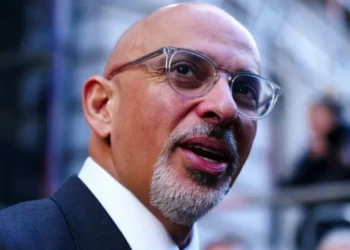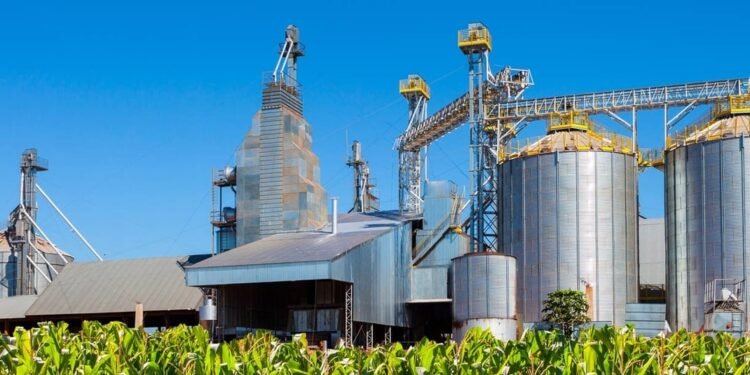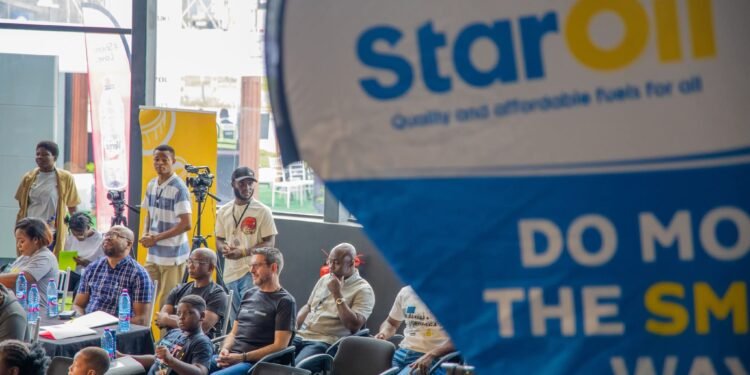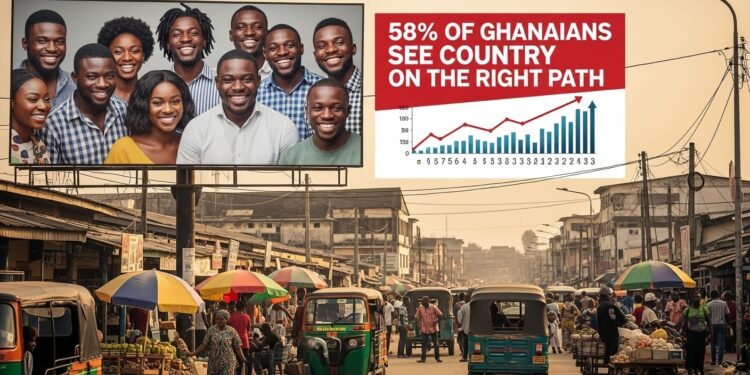Humza Yousaf has been confirmed as Scotland’s new First Minister after a vote in the Scottish Parliament.
Lawmakers in the Edinburgh-based Scottish parliament voted on Tuesday, March 28, 2023, to confirm 37-year-old Yousaf as First Minister, a day after he was elected leader of the governing Scottish National Party.
Scotland, a country of 5.5 million people, is part of the United Kingdom, but has a semi-autonomous government with broad power in areas including health and education.
Yousaf was backed by all 64 SNP MSPs and the seven Greens, with the two parties having a power-sharing agreement in the 129-seat parliament.
Following the vote, Yousaf announced that Shona Robison, who has been serving as the Social Justice Secretary and was a close ally of Nicola Sturgeon, would be appointed as his Deputy First Minister.

Yousaf, who succeeds Nicola Sturgeon, is the country’s sixth First Minister and first from an ethnic minority background. He is also the youngest First Minister at age 37, and the first Muslim to lead a major UK party.
He described the moment as “a privilege of my life”, and said Nicola Sturgeon, who watched the vote from the backbenches, leaves “some very big shoes to fill indeed”.
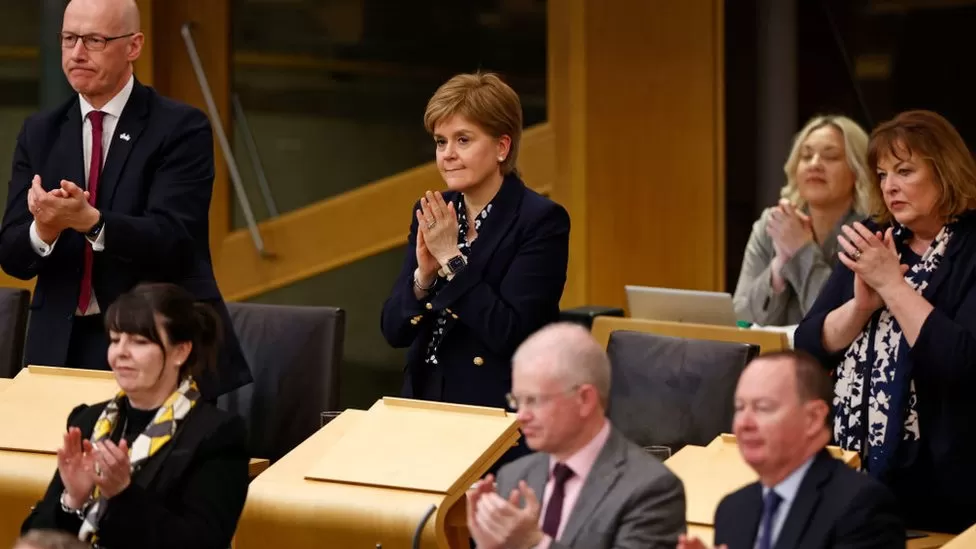
Yousaf iterated, “I pledge that Scotland will continue to be a positive, progressive voice on the world stage.”
“I will never shy away from tackling the big issues our country faces. My starting point will be that we all want the best for Scotland and the people that we are so privileged to represent. I will stand up unequivocally for this parliament and against any attempts to undermine devolution.
“I will work every hour of every day to harness the potential of Scotland and every single person. I will place no limits on the ambitions that we have collectively for ourselves, for our country or indeed for the world that we live in.”
Humza Yousaf
Yousaf will be officially sworn in as First Minister during a brief ceremony at the Court of Session in Edinburgh on Wednesday, March 29, 2023, and is expected to then start the process of appointing the rest of his cabinet team.
Also, Yousaf will face opposition leaders for the first time at the weekly First Minister’s Questions session on Thursday, March 30, 2023.
Yousaf joined the pro-independence SNP in 2005, inspired partly by its then-leader Alex Salmond’s opposition to the U.S.-led invasion of Iraq, which the U.K. under Prime Minister Tony Blair had joined. Yousaf said he felt independence from the U.K. was the only way to ensure Scotland would not become embroiled in another illegal war.
Elected to the Scottish parliament in 2011, Yousaf has served in several government roles, most recently health.
A Significant Moment For Scotland

Scottish Labour Party leader, Anas Sarwar, also a Muslim Glaswegian, remarked that “regardless of your politics, this is a significant moment for Scotland.”
The milestone comes five months after the U.K. got its first Hindu leader in Prime Minister Rishi Sunak. Also, Britain’s capital city is headed by London Mayor Sadiq Khan, the son of Pakistani immigrants.
Britain has seen rapid political change. Forty years ago, there were no ethnic-minority lawmakers in the British Parliament. Now there are 65, which is 10% of the total. The Foreign Secretary, Home Secretary and Trade Secretary in Sunak’s government are all people of color.
Sunder Katwala of British Future, a think-tank that studies identity and race, opined that a notable feature of the diversification is that “it’s happening in all parties.” Yousaf is a Scottish nationalist, Sunak a Conservative, Khan a Labour Party member.
“If you can have a Prime Minister who is Indian Hindu or a Scottish leader who is Asian Muslim, that must mean those groups are part of the ‘us’ and aren’t now facing the question, ‘Will they govern for their own group or will they govern for everybody?’
“There’s a confidence among British ethnic minorities, but (also) reciprocated broadly, that politicians who are Black, Asian or white can represent everybody, not just their own group.”
Sunder Katwala
Britain is not the only European country whose politics are growing more diverse. Irish Prime Minister, Leo Varadkar has an Indian father, and Portuguese leader, Antonio Costa also has South Asian roots.
READ ALSO: U.S Affirms Corporate Transparency Commitment With Other Nations








